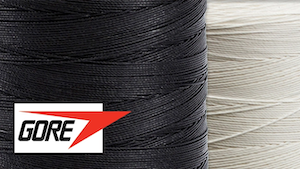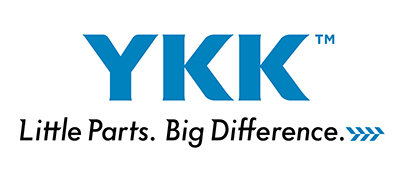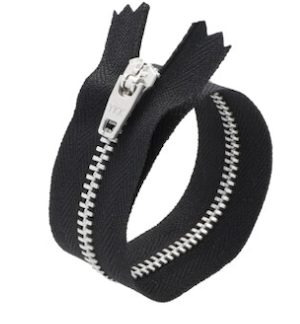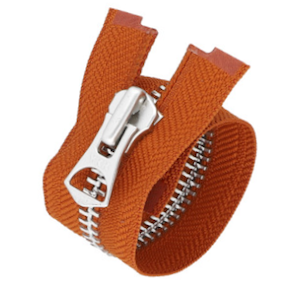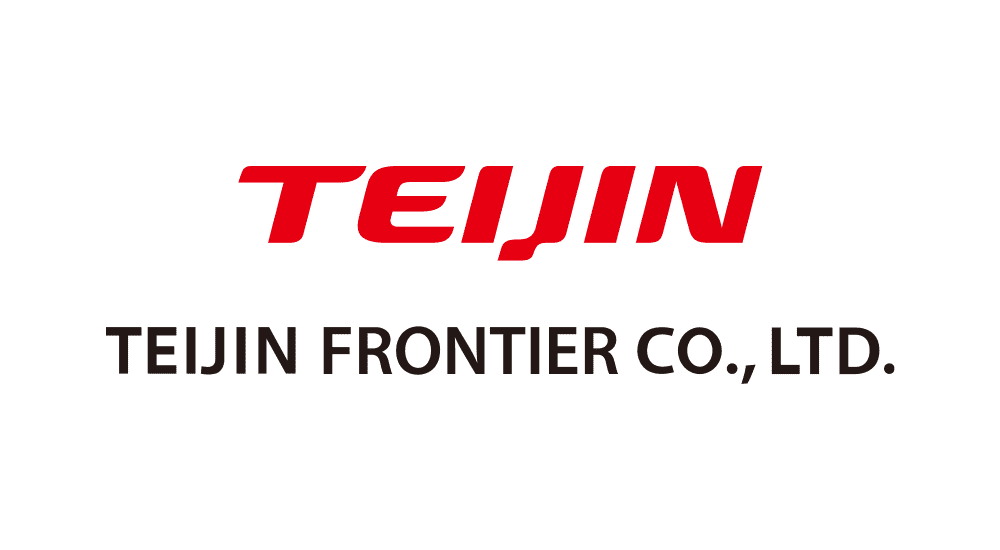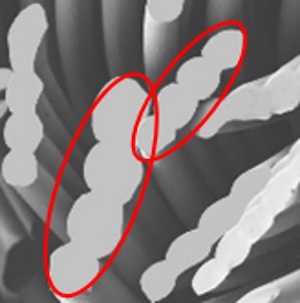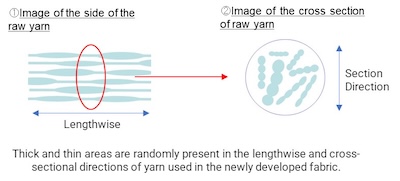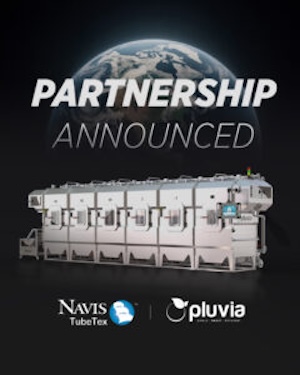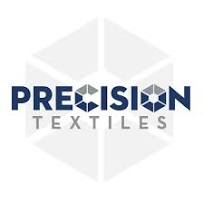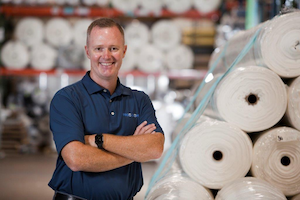 ATLANTA — May 22, 2025 — May 6–8, thousands of industry professionals met in Atlanta for Techtextil North America and Texprocess Americas 2025, bringing momentum, global participation, and powerful conversations to the Georgia World Congress Center. With nearly 400 exhibitors from 28 countries, the collocated events delivered three energized days full of forward-thinking solutions, cross-sector connections, and the latest innovations.
ATLANTA — May 22, 2025 — May 6–8, thousands of industry professionals met in Atlanta for Techtextil North America and Texprocess Americas 2025, bringing momentum, global participation, and powerful conversations to the Georgia World Congress Center. With nearly 400 exhibitors from 28 countries, the collocated events delivered three energized days full of forward-thinking solutions, cross-sector connections, and the latest innovations.
More than just a trade show, this year’s edition was a launchpad for progress, featuring the acclaimed Symposium, engaging Tech Talks, the Innovation Awards, and much more. The exhibit hall buzzed with product debuts, technical demos, and the unmistakable sound of business being done.
“It’s inspiring to see such a diverse, dynamic community coming together under one roof,” said Sarah Hatcher, Group Show Director for Techtextil North America and Texprocess Americas. “This event is about more than what’s on display. It’s about the energy of discovery, the exchange of ideas, and the relationships that drive this industry forward.”
A Showfloor that Worked Overtime
Across both shows, attendees experienced the full scope of the supply chain, from fiber and machinery to finished goods and cutting-edge software. With a unified exhibit floor, the events fostered organic networking, industry collaboration, and an outlet for decision-makers sourcing everything from raw materials to automation tools.
Dozens of educational sessions ran alongside the exhibition, giving professionals a chance to deepen their understanding of industry challenges and opportunities, from circularity and workforce evolution to reshoring and next-gen manufacturing.
“So far, this has been a great show. It’s been well attended, the number of customers has been great — great people to talk to. Being able to see everyone in three days is very valuable to us. It comes back to that opportunity to meet with the customer and figure out what their needs are, talk to them face to face … what can we improve, get feedback on [our] products… you always have to be pushing the envelope,” said Ernest Sumner with A.B. Carter Inc.
Kicking Off in Style
The opening night reception at Der Biergarten, co-hosted by SPESA, was a sold-out celebration where hundreds of attendees gathered to reconnect, meet new partners, and enjoy a night of networking in a festive setting. The high energy and strong turnout sparked meaningful conversations and set a positive, forward-looking tone that carried through the rest of the event.
Deep Dives That Delivered: The Symposium
Away from the bustle of the show floor, the Symposium sessions offered attendees an in-depth look at some of the most pressing issues shaping the industry. Led by thought leaders and technical experts, the sessions blended strategy with application, providing practical takeaways on innovation, policy, and market dynamics across textiles, nonwovens, and sewn products.
“I really liked the Symposium… it [had] a wide variety of [people] and speakers and I think it was great [to have] options of what might be interesting, and also [to learn] more about what other parts of the industry are doing… there was a [session] about recycled materials that I thought was amazing,” said Stephanie Minite from Under Armour.
Tech Talks: Real-Time Trends, Right on the Floor
On the show floor, the Tech Talks stage became a hotspot for quick-hit insights, panel discussions, and real-world applications. Covering everything from smart textiles and workforce challenges to sustainable sourcing and reshoring, these bite-sized sessions made industry trends accessible and actionable.
This year’s curated lineup was made possible by Casey Strauch (Hohenstein Institute America), Melissa Sharp (Zeis Textiles Extension), Xochil Herrera Scheer (The Chicago Pattern Maker), and Jasmine Cox-Wade (Gaston College)—who brought diverse expertise and fresh perspectives to the program.
“TTNA continues to be a valuable networking opportunity for us. The engaging discussions we had throughout the show highlighted just how important in-person education and events are for fostering meaningful industry connections and innovation,” Strauch said.
Celebrating What’s Next: Innovation Awards 2025
The Innovation Awards returned to honor the companies, technologies, and minds that are pushing the boundaries of what’s possible in technical textiles and sewn products. From groundbreaking materials to intelligent manufacturing, this year’s winners represented the very best in creativity, sustainability, and commercial viability.
“The Innovation Awards continue to be a highlight of the show,” said Alexis Sivcovich, Show manager for Techtextil North America and Texprocess Americas. “This year’s winners proved that the future of our industry is not only bright — it’s already here.”
This years winners included:
Techtextil North America
- Best New Technology: UNIFI – REPREVE Takeback™
Texprocess Americas
- Best New Technology & Digitalization: Automatex – Automated Fitted Sheet Sewing and Folding Line
- Best New Technology: JUKI – JUKI DX-01
- Best New Concept: Aptean – Aptean Shop Floor Control
“Receiving this award means a lot to us having been in the industry for many years. Increasing the efficiencies in productivity is just more important than ever right now. We really appreciate the recognition for the tools that we have developed to help manufacturers automate, shrink costs, and become more efficient. Bringing these technologies to the table to keep the margins intact and create greater throughput is needed now more than ever,” said Per Bringle, Senior Manager at Aptean.
The next edition of Techtextil North America will be located at the Raleigh Convention Center in Raleigh, N.C., August 4-6, 2026. Texprocess Americas will return to Atlanta in 2027, May 11-13, once again collocated with Techtextil North America at the Georgia World Congress Center.
Posted: May 23, 2025
Source: Messe Frankfurt Inc.
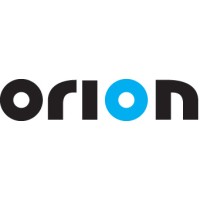 HOUSTON — May 23, 2025 — Carbon black has been used since ancient times in China and Egypt, yet today it remains a high-tech material worthy of scientific interest. This is due to the numerous ways it can be engineered to serve as an essential component in a variety of everyday products — from paint and textiles to tires, power cables and batteries.
HOUSTON — May 23, 2025 — Carbon black has been used since ancient times in China and Egypt, yet today it remains a high-tech material worthy of scientific interest. This is due to the numerous ways it can be engineered to serve as an essential component in a variety of everyday products — from paint and textiles to tires, power cables and batteries.



